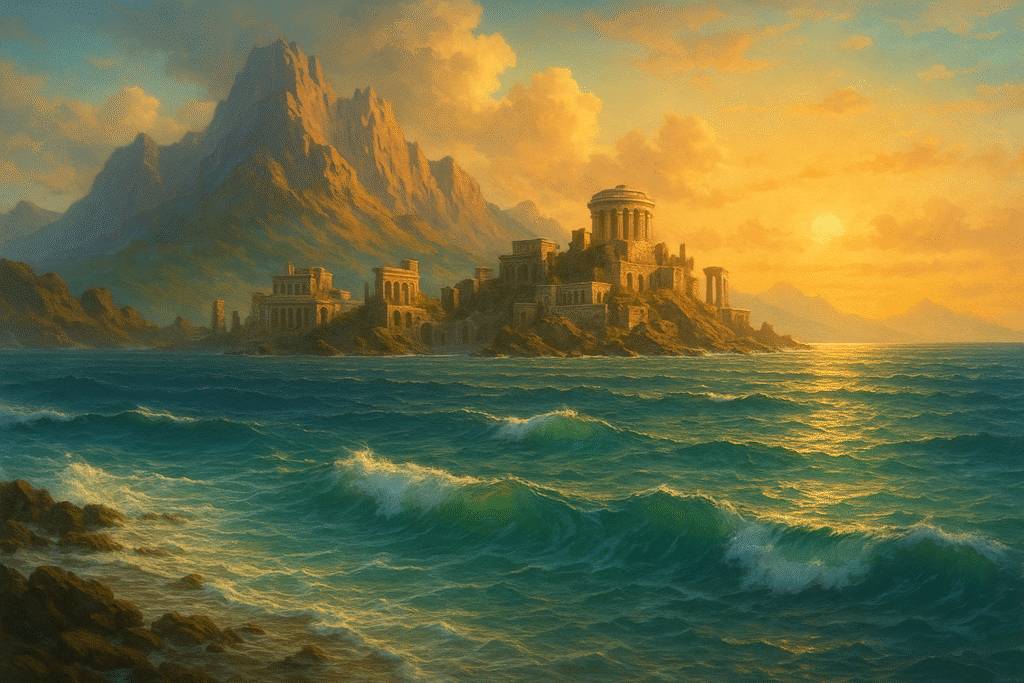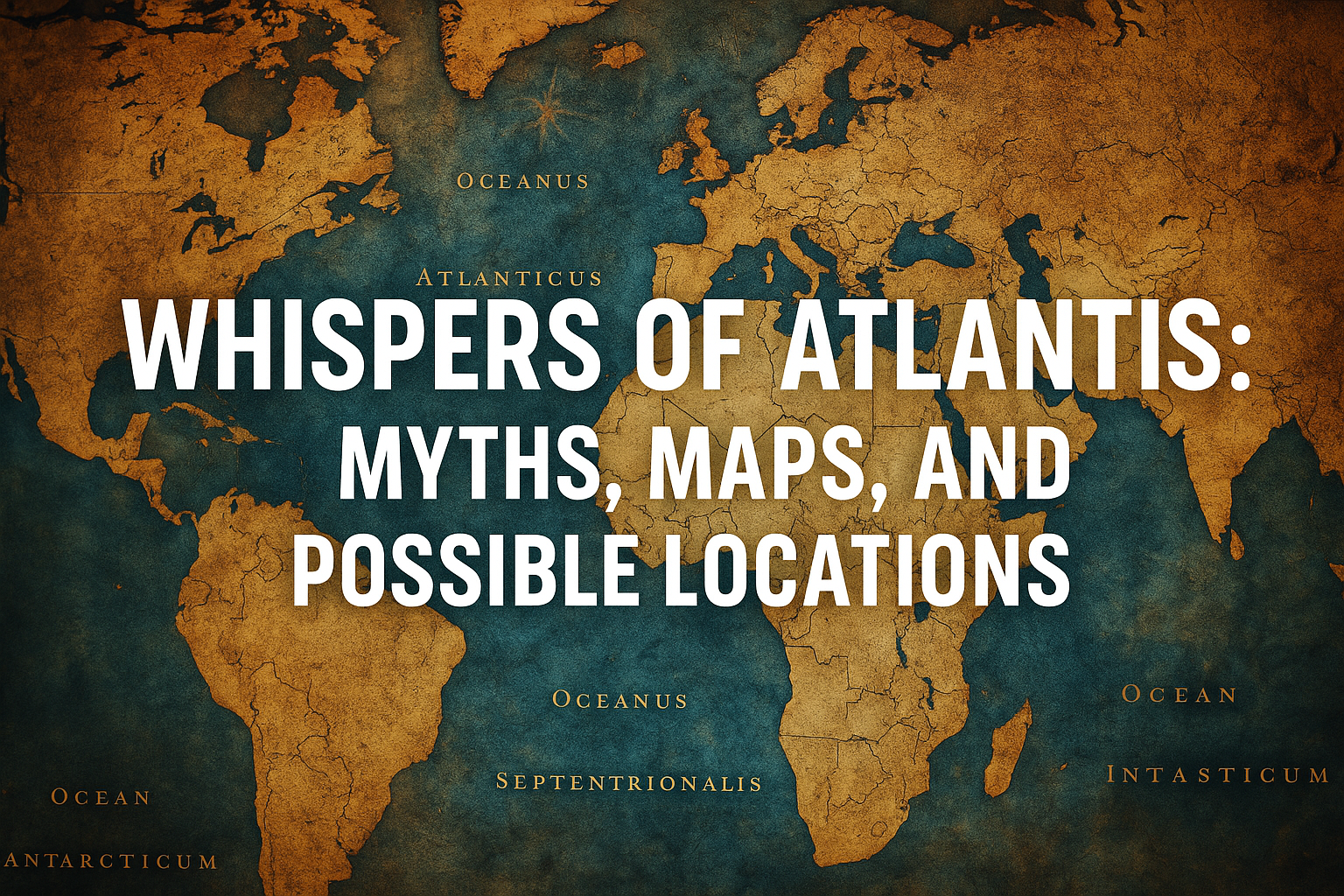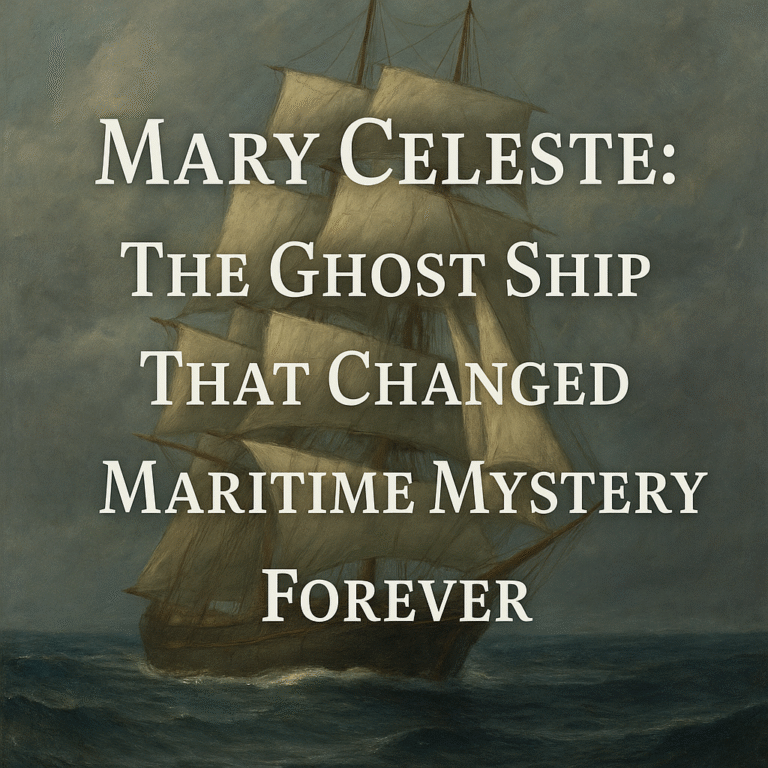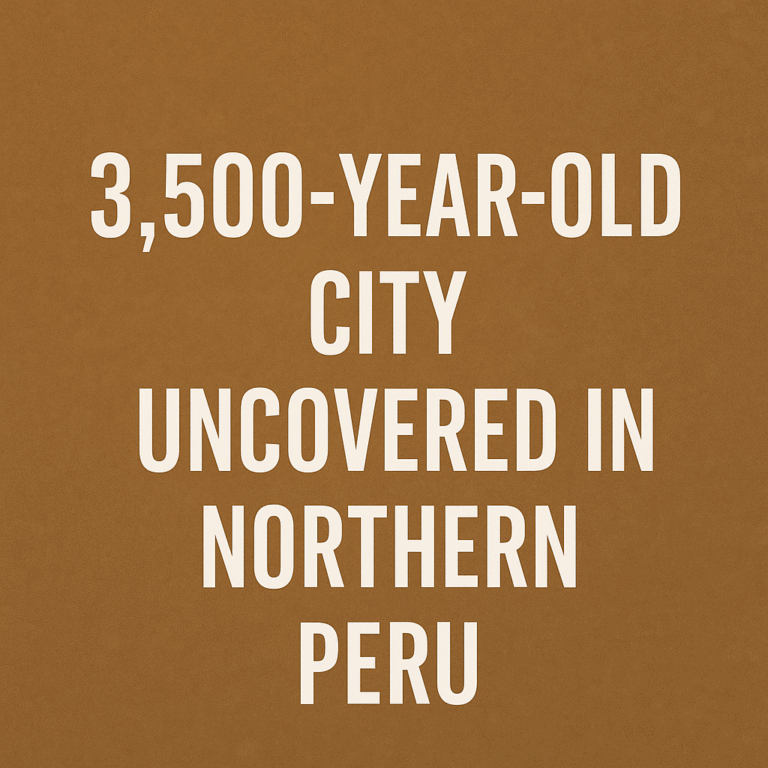
For centuries, Atlantis has remained one of humanity’s most elusive legends—a mysterious island civilization believed to have vanished beneath the ocean waves. First introduced by Plato in his dialogues Timaeus and Critias, the story of Atlantis continues to fascinate scholars, explorers, and dreamers. Was Atlantis merely allegory, a memory of prehistoric cataclysms, or a real advanced society lost to time? This post delves deep into the origins, interpretations, and the technological efforts underway to uncover the truth.
Plato’s Vision: The Birth of a Legend
Plato’s account, written around 360 BCE, is the earliest known reference to Atlantis. According to him, Atlantis was a mighty civilization situated beyond the “Pillars of Hercules” (what we now know as the Strait of Gibraltar). The Atlanteans had advanced knowledge in engineering, architecture, and naval power. However, their hubris led them to attempt world domination—prompting the gods to destroy the island in a cataclysmic event that submerged it within a day and night.
While many interpret Plato’s narrative as philosophical fiction, meant to serve as a moral lesson, others believe it could contain echoes of historical truth. Perhaps it draws upon real events, such as the destruction of early coastal settlements due to tsunamis or rising sea levels after the Ice Age.
Global Echoes: Myths Beyond Greece
Interestingly, myths of lost lands and sunken civilizations aren’t unique to Greek philosophy. Numerous ancient cultures have passed down similar stories:
- Mesopotamia: The Epic of Gilgamesh includes a great deluge that mirrors the story of Noah.
- India: Ancient texts speak of Dwarka, a city submerged under the sea.
- South America: Incan legends describe an advanced civilization destroyed by floods.
- Native American: Various tribes recall ancestral lands swallowed by the ocean.
Could these shared themes suggest a collective memory of real geological disasters?
Mapping Atlantis: Theories and Locations
1. The Mid-Atlantic Theories
Plato’s own words place Atlantis in the Atlantic Ocean. Scholars have connected this to the:
- Azores Islands, which may be the mountain peaks of a submerged continent.
- Celtic Shelf, where ancient structures have been found under the sea near the UK and Ireland.
While these align with the geographic clues, no archaeological proof confirms these were part of Atlantis.
2. The Santorini Hypothesis
One of the most widely accepted theories is that Plato’s Atlantis was inspired by the Minoan civilization on Crete and Santorini (ancient Thera).
- Around 1600 BCE, a massive volcanic eruption devastated Thera.
- The Minoans, known for their advanced urban planning and seafaring skills, suffered great setbacks afterward.
Though compelling, the timeline is far removed from the 9,000 years Plato claimed.
3. Caribbean and Central America
Speculations have included:
- Underwater formations near Bimini in the Bahamas, dubbed the “Bimini Road.”
- Submerged ruins off Cuba, detected via sonar.
Despite intriguing finds, none are conclusively linked to an Atlantean civilization.
4. Antarctica and Pole Shift Theories
Based on Charles Hapgood’s theory of Earth crust displacement, some suggest Atlantis was Antarctica before being moved by tectonic shifts. Maps like the Piri Reis seemingly depict ice-free Antarctic coastlines.
- However, modern geologists dispute this idea.
Still, it captures the imagination of alternative history enthusiasts.
The Role of Modern Tech in the Hunt
Advancements in technology have revolutionized how researchers explore ancient mysteries:
- Sonar and Submersible Drones: Map the ocean floor for sunken cities.
- Satellite Imaging & LIDAR: Reveal man-made structures hidden under forests and ocean sediment.
- DNA and Migration Studies: Trace the movement of early humans, potentially shedding light on lost civilizations.
Although Atlantis remains undiscovered, these tools have led to discoveries of previously unknown ancient cities, proving legends can sometimes hold truth.
Why Atlantis Endures
What makes Atlantis such a lasting obsession?
- Hope and Mystery: The idea of a utopian society lost to time taps into our longing for a golden age.
- Warnings from the Past: Plato’s tale is a cautionary narrative about greed, hubris, and moral decay.
- Search for Identity: Atlantis symbolizes humanity’s search for origins—what came before our known history.
Final Thoughts
Whether a metaphor or a real city swallowed by the sea, Atlantis challenges us to look deeper—into our past, our myths, and ourselves. As technology advances and our understanding of history evolves, perhaps we will one day solve the mystery. Until then, Atlantis remains a beacon of wonder, reminding us of the vast, untold stories still hidden beneath the waves.




